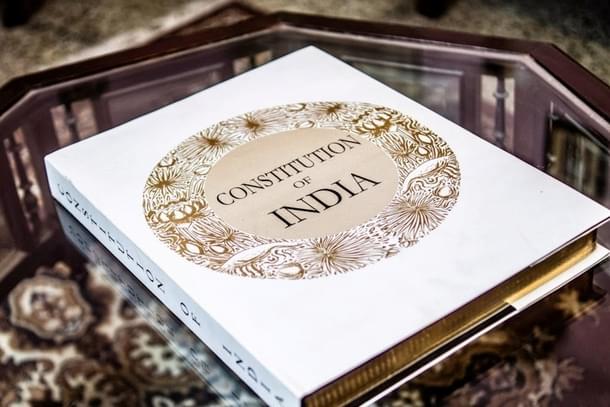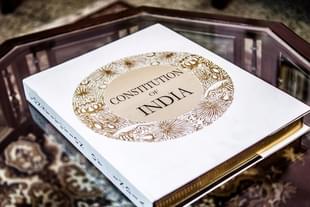News Brief
Scrapping Article 370: All You Need To Know About The Controversial Article And Its History
Swarajya Staff
Aug 05, 2019, 01:21 PM | Updated 01:21 PM IST
Save & read from anywhere!
Bookmark stories for easy access on any device or the Swarajya app.


The Government of India has now decided to abrogate Article 370 which became operative in 1952 and provided a special status to the state of Jammu and Kashmir (J&K).
The article is drafted in Part XXI of the Constitution: Temporary, Transitional and Special Provisions. Article 370 makes itself, along with Article 1 of the Indian constitution, applicable to the state of J&K. Article 1 declares that India is a Union of states and territories.
The J&K Constituent Assembly had, in 1954, approved the state’s accession to India and agreed to extend the Union’s jurisdiction over the state in pursuance of Article 370.
The article, however, limits the power of India Parliament to make laws in the Union List and Concurrent List only to the subjects that are listed in the Instrument of Accession signed by the J&K Constituent Assembly. The article also allowed for the state government’s accent before several provisions of the Indian Constitution are made applicable to the state.
The article also contains a clause about it’s cessation and states that it can be repealed by a Presidential Order or can be modified from the date that the President of India specifies. However, this requires the recommendation of the state’s Constituent Assembly, which had been dispersed in 1957 after the state adopted its own constitution.
However, clause (1) of the article also allows for Presidential Orders from time to time with the Constitution (Application to Jammu and Kashmir) Order, 1954 having been passed allowing for Article 35A to be incorporated into the Constitution of India. Several amendments to the 1954 order have occurred from time to time.
Article 35A allows for the state’s government to decide who all are ‘permanent residents’ of the state and confer on them special rights and privileges in public sector jobs, acquisition of property in the state, scholarships and other public aid and welfare.
A Presidential Order superseding the 1954 order has been notified today (5 August) which will come into effect immediately.
As per the order signed by President Ram Nath Kovind, four clauses would be added to Article 367 including a statement that the Constituent assembly of the state” would henceforth be known as “Legislative assembly of the state”.





